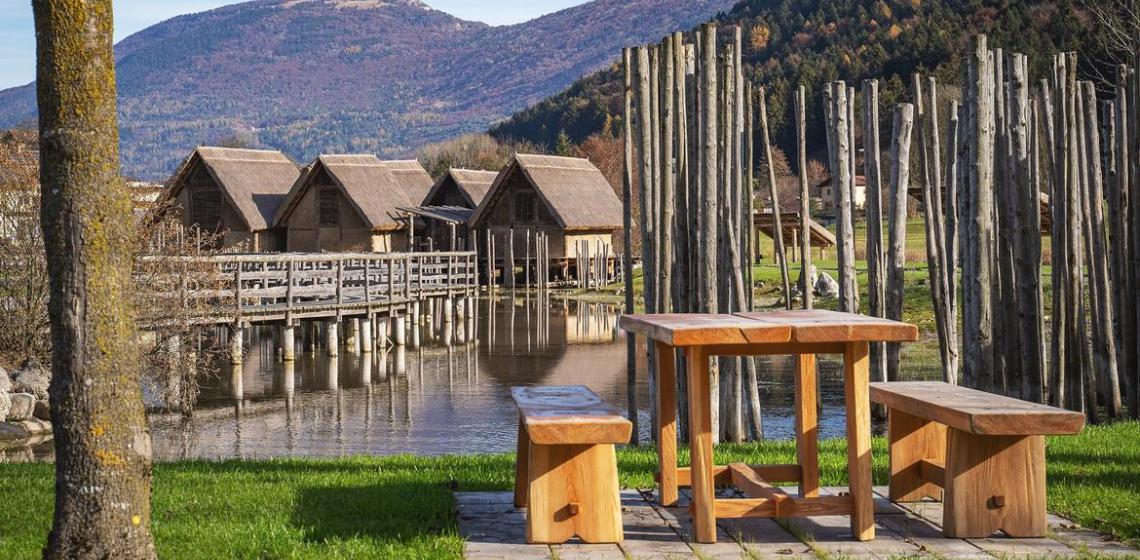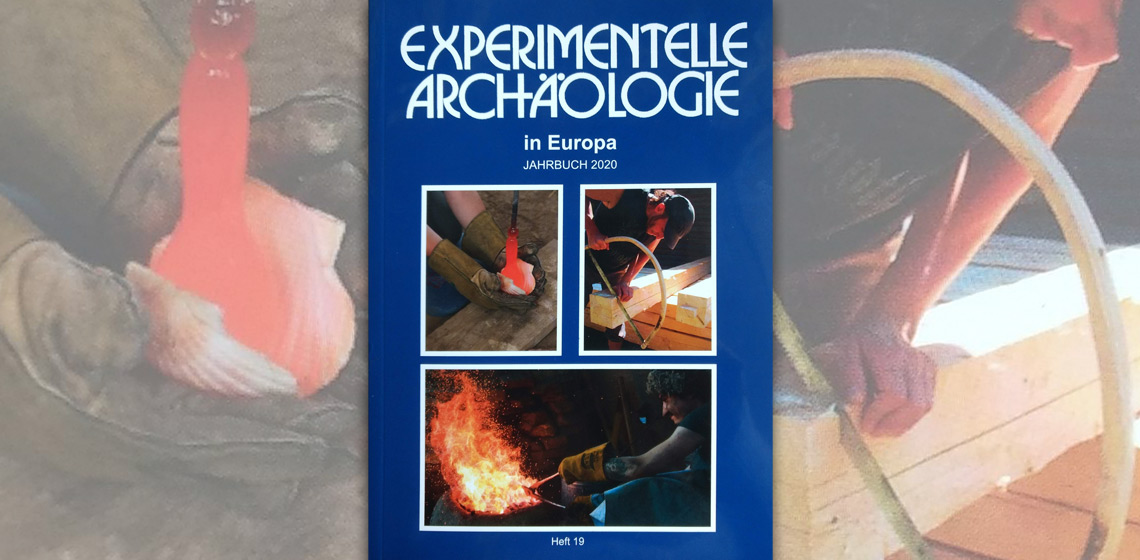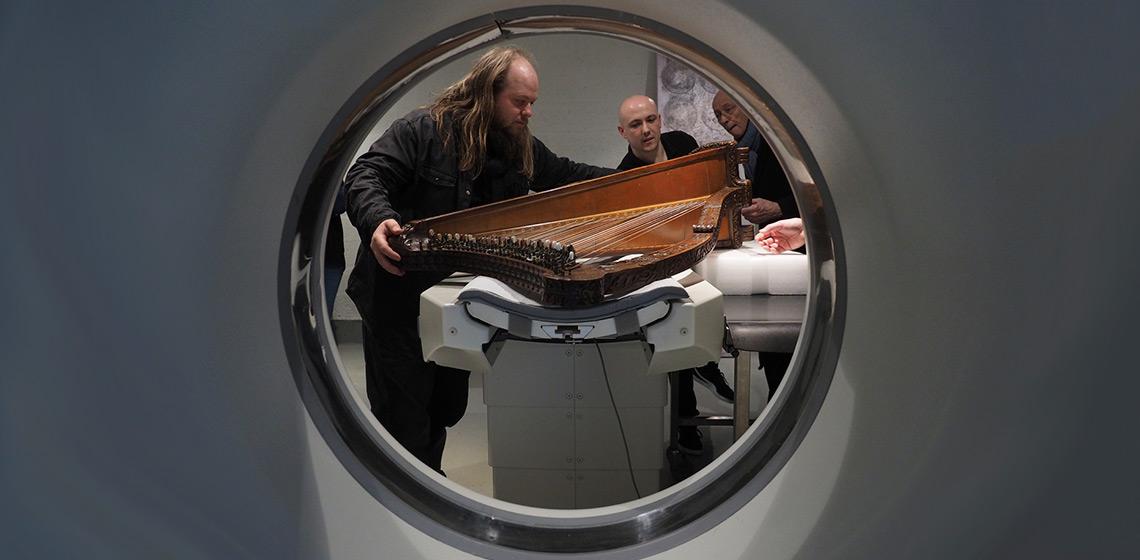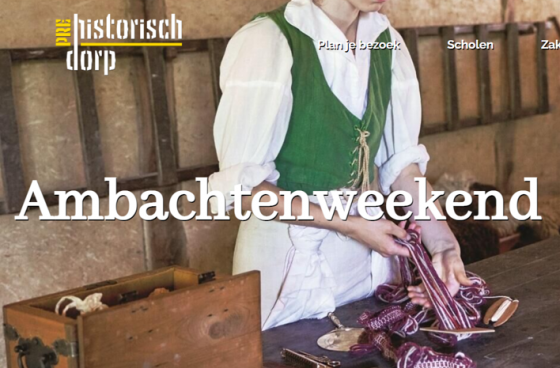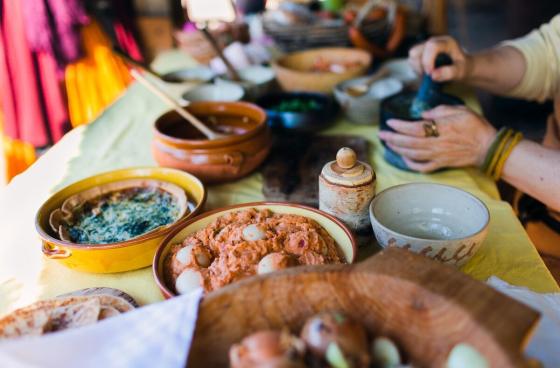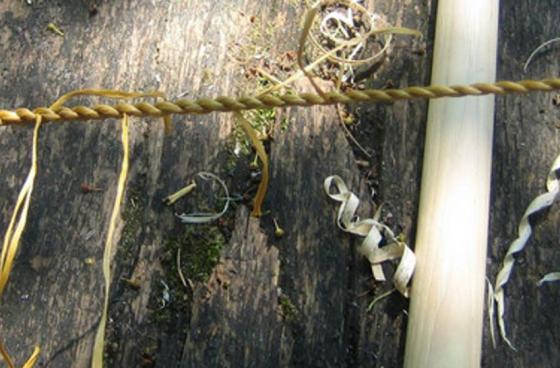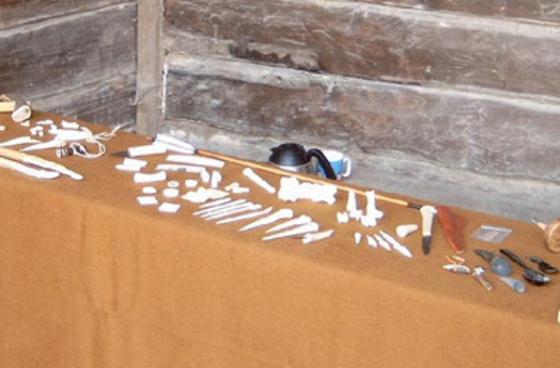Parco Archeo Natura di Fiavé
The parco delle palafitte is nearly complete now, opening in June 2021: a journey into prehistory between archaeology and nature, discovering a UNESCO world heritage site, preserved in the Fiavé torbiera.
A fascinating and immersive time travel in the atmosphere of the villaggio palafitticolo di Fiavé will make possible to under stand our ancestors' life during Bronze Age. Fiavé is one of the 111 places, together with Ledro, part of palafitte preistoriche dell’arco alpino site; it is included in the UNESCO world heritage from 2011.

